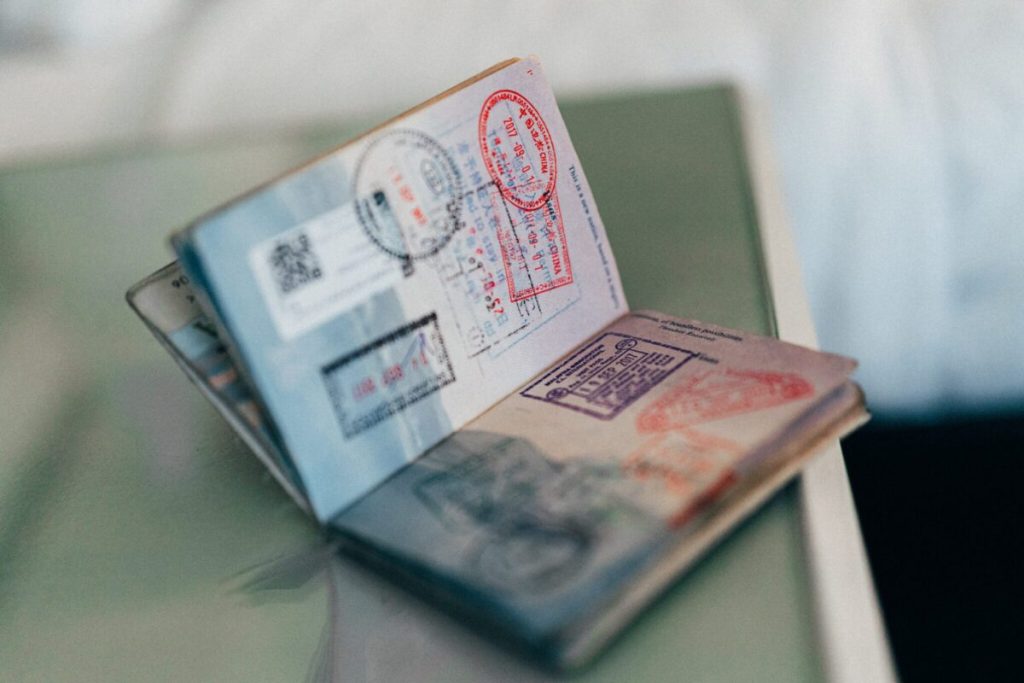The tourism industry in Asia is experiencing a significant rebound in 2024, with international arrivals reaching pre-pandemic levels in many popular destinations like Thailand, Vietnam, and Malaysia. This revival is being driven by pent-up demand and targeted policy changes, particularly the relaxation of visa rules across the region. Asian countries are rewriting the rules of cross-border travel by implementing more seamless visa processes, including bold visa-free policies. These changes represent a significant shift in how nations attract global tourists and benefit from tourism revenue.
Countries like Thailand, Malaysia, and Sri Lanka have introduced visa waivers specifically targeting Indian travelers, leading to a surge in interest and arrivals from India. Thailand exceeded its goal of attracting Indian tourists, while Malaysia reported a 150% jump in arrivals from India and China due to its visa-free policy. Sri Lanka has introduced various visa-free and visa waiver programs for Indian travelers, making it the top source market for the country in terms of arrivals. South Africa has also updated its visa system to make it easier for Indian citizens to visit the country.
China, traditionally known for its strict visa policies, has expanded its visa-free entry policy to include citizens of 38 countries, including 33 European nations. This move has significantly boosted inbound tourism to China, with a 79% year-on-year increase in visitors reported during the first three quarters of 2024. The country’s efforts to attract international tourists, despite existing cultural tensions, indicate its commitment to reviving the tourism sector and positioning itself as a global travel hub.
Visa-free policies have economic implications beyond tourism, serving as strategic tools to boost tourism revenue, promote airline growth, and facilitate digital payments. Countries like Malaysia, Sri Lanka, and Thailand anticipate billions in tourism revenue through simplified visa programs. Airlines such as AirAsia have benefited from relaxed visa requirements, while initiatives like the International Consumer Friendly Zones program in Beijing aim to make digital payments more accessible for international travelers. Online travel agencies like Trip.com have seen a significant increase in inbound hotel bookings due to these visa policy changes.
Despite the progress in visa policy reforms in Asia, there are still challenges and disparities among countries. Some nations, like Vietnam, have successfully expanded e-visas to all nationalities, resulting in a surge in arrivals. However, lengthy visa processing times in countries like the U.S. continue to deter travelers. The U.S. has been working to remove these barriers, particularly in key markets like India, by reducing visa wait times through initiatives like “Super Saturdays.”
Overall, Asia’s transformative visa policies reflect a larger trend of facilitating cross-border movement in an increasingly interconnected world. The future of travel depends on accessibility, and as barriers to travel continue to fall, the tourism industry is poised for further growth and transformation in the coming years.


